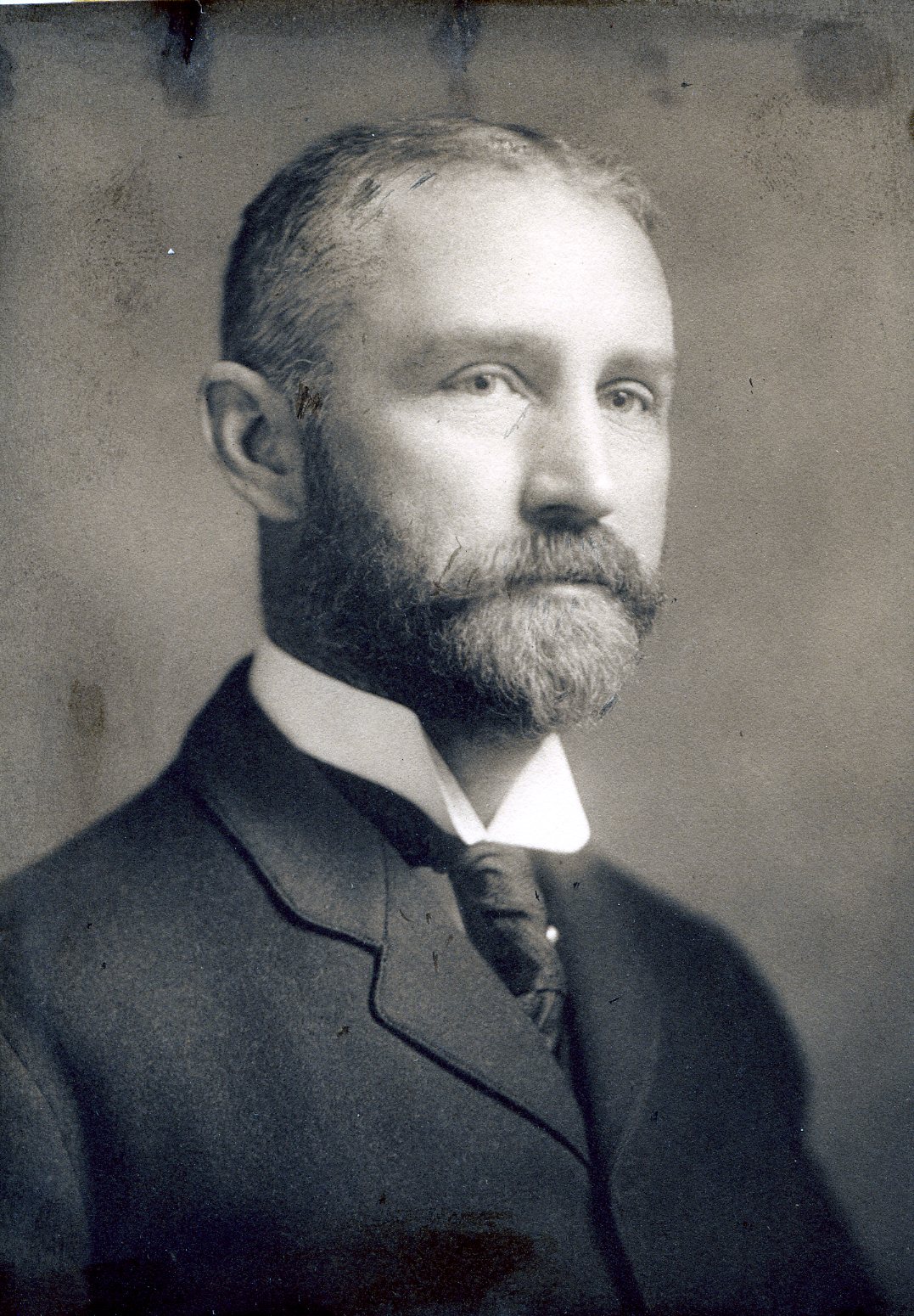Member Directory,
1847 - 1922
Edwin F. Gay
Editor, Evening Post
Centurion, 1922–1946
Henry S. Pritchett and Jerome Davis Greene
Detroit, Michigan
Pasadena, California
Age fifty-four

Century Memorial
Edwin Francis Gay. [Born] 1867. Economic Historian, scholar in government, scholar in journalism, great teacher.
No scholar of whom it would be so universally agreed that he truly was senior in his profession has left less of published work signed with his name. Nevertheless, it may be said of Gay what was said of Sir Christopher Wren, “If you require a memorial look about you”; for the development of economic history—its practitioners and its institutions—in the United States over the past forty years was profoundly influenced, if not positively dominated by Gay.
From the Harvard School of Business of which he was the organizing Dean, Gay went to Washington during the first World War, to serve as advisor to the Shipping Board. In this position, it was Gay, who, against strong opposition, by showing factually that it was possible to do so, forced the transfer of the large amount of shipping to the transportation of our troops and supplies which turned the tide of war.
Earlier than all but a few men. Gay saw clearly that the growing dependence of one nation upon another must lead either to international conflict, or international cooperation, and of yet fewer men he was one who could grasp the whole national economy in its international relations.
He accepted the presidency of the New York Evening Post for the opportunity it gave him to educate the country to the hard facts and new ideals of international affairs which he knew were vital to the welfare of the United States.
There was always conflict between his great capacity for scholarship and his equally marked capacity for administration and affairs. But however engaged, he never ceased to be the scholar and he never lost touch with the world of action.
He looked like a captain of industry, fierce, piercing, direct, smoking big cigars and always travelling under forced draught; but his students would tell you that when they went to him with their troubles they came away revived in spirit and marvelling at his gentle kindness.
Source: Henry Allen Moe Papers, Mss.B.M722. Reproduced by permission of American Philosophical Society Library & Museum, Philadelphia
Henry Allen Moe
Henry Allen Moe Papers, 1946 Memorials


